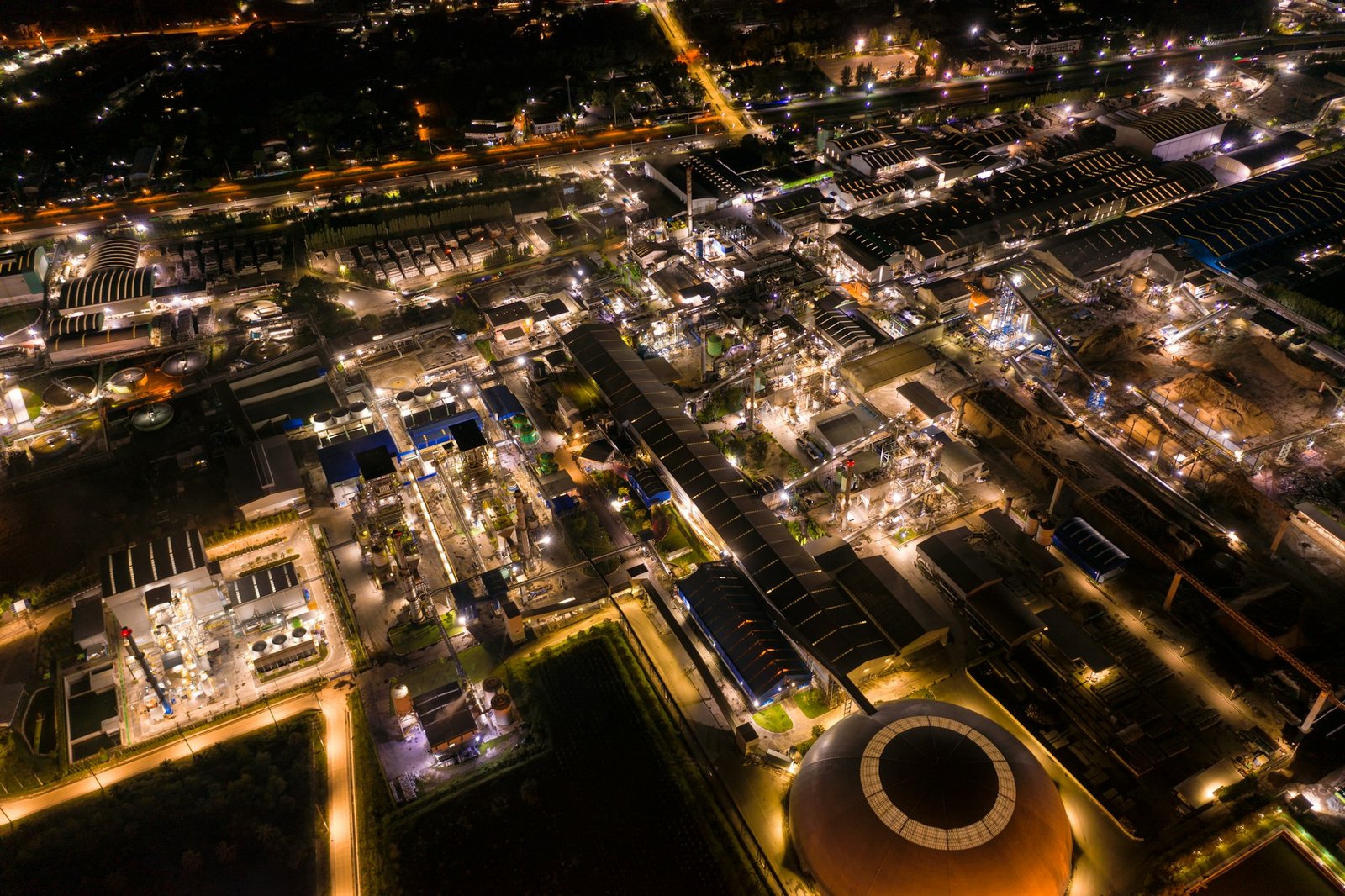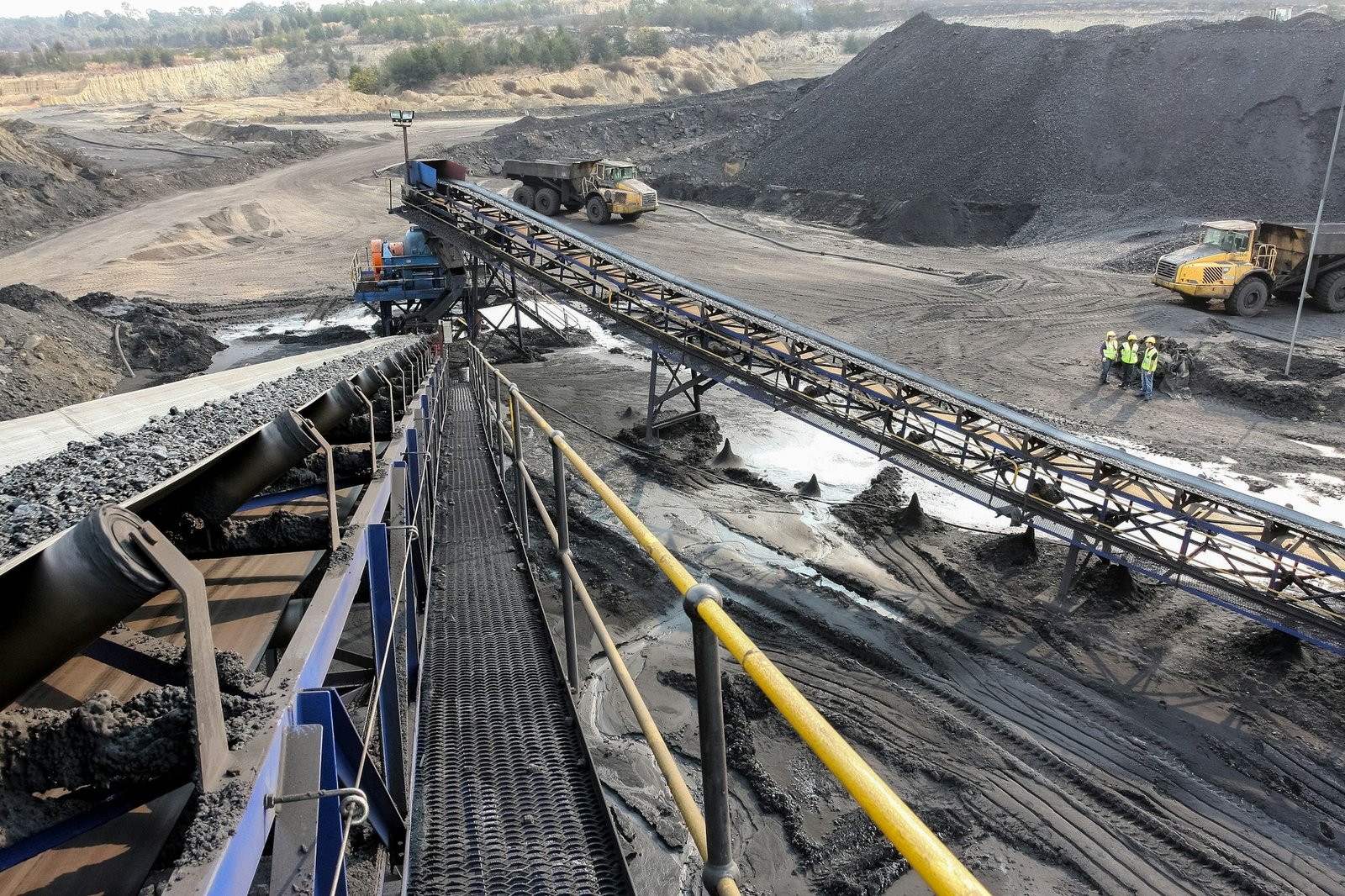Introduction
Sustainable agriculture is a growing priority as concerns about environmental degradation and food security continue to escalate. Agrochemicals, including pesticides, herbicides, and fertilizers, play a significant role in modern farming practices. However, their use raises questions about their impact on the environment and human health. This article delves into the complex role of agrochemicals in sustainable agriculture, examining their benefits, challenges, and the quest for safer alternatives.
Understanding Agrochemicals: Tools of Modern Farming
Agrochemicals are essential tools for farmers worldwide, enabling them to protect crops from pests, diseases, and weeds while maximizing yields. Pesticides, herbicides, and fertilizers help ensure food security by increasing agricultural productivity and safeguarding crop quality. According to the Food and Agriculture Organization (FAO), the global market for agrochemicals is projected to reach $263 billion by 2025, reflecting their widespread use in modern agriculture.
Pesticides: Balancing Protection and Risk
Pesticides are substances used to control pests and diseases that threaten crop production. While pesticides play a crucial role in safeguarding crops, their indiscriminate use can have detrimental effects on non-target organisms, soil health, and water quality. Sustainable pest management practices, such as integrated pest management (IPM) and the use of biopesticides, aim to minimize reliance on synthetic pesticides and promote ecological balance in agricultural ecosystems.
Herbicides: Managing Weeds Responsibly
Herbicides are chemicals used to control weeds, which compete with crops for nutrients, water, and sunlight. While herbicides can improve crop yields and reduce labor costs, concerns have been raised about their impact on biodiversity and soil health. Sustainable weed management strategies, such as crop rotation, mulching, and mechanical cultivation, aim to reduce herbicide dependency and mitigate environmental risks.
Fertilizers: Nourishing Crops Sustainably
Fertilizers are essential for replenishing soil nutrients and maintaining soil fertility, particularly in intensive farming systems. However, excessive fertilizer application can lead to nutrient runoff, soil erosion, and water pollution. Sustainable nutrient management practices, such as precision agriculture and organic farming, aim to optimize fertilizer use, minimize environmental impact, and promote soil health and biodiversity.
Balancing Productivity and Sustainability
The challenge facing farmers, policymakers, and agrochemical companies is to strike a balance between agricultural productivity and environmental sustainability. While agrochemicals contribute to increased yields and food security, their adverse effects on ecosystems and human health cannot be ignored. Sustainable agriculture seeks to minimize the negative impacts of agrochemicals through responsible use, innovation, and alternative approaches.
Innovation in Agrochemicals: Towards Safer Solutions
The agrochemical industry is investing in research and development to develop safer and more sustainable alternatives to conventional pesticides and fertilizers. Biopesticides, biostimulants, and precision agriculture technologies offer promising solutions for pest management, soil fertility, and resource optimization. By harnessing the power of nature and cutting-edge technology, agrochemical companies are striving to meet the dual objectives of productivity and sustainability.
FAQs: Exploring the Role of Agrochemicals in Sustainable Agriculture
Q1: Are agrochemicals necessary for sustainable agriculture?
A1: While agrochemicals play a role in modern farming, sustainable agriculture aims to minimize their use through integrated pest management, organic farming, and precision agriculture.
Q2: What are the environmental risks associated with agrochemicals?
A2: Agrochemicals can contribute to soil degradation, water pollution, and biodiversity loss if not used responsibly. Sustainable farming practices aim to mitigate these risks.
Q3: How can farmers reduce their reliance on agrochemicals?
A3: Farmers can adopt sustainable practices such as crop rotation, cover cropping, and biological pest control to minimize their dependence on agrochemicals.
Q4: What role do regulatory agencies play in agrochemical use?
A4: Regulatory agencies oversee the registration and approval of agrochemicals, ensuring they meet safety and environmental standards and promoting responsible use.
Q5: What are some alternatives to conventional agrochemicals?
A5: Alternatives to conventional agrochemicals include biopesticides, biostimulants, organic fertilizers, and precision agriculture technologies, which offer safer and more sustainable solutions for crop production.
In conclusion, agrochemicals play a complex role in sustainable agriculture, offering both benefits and challenges. By embracing innovation, responsible stewardship, and alternative approaches, stakeholders can work towards a future where agriculture is both productive and environmentally sustainable.





